Serbia, Slovenia look to boost cooperation
The prime ministers of Slovenia and Serbia, Mirko Cvetković and Borut Pahor met in Belgrade on Frisday.
Friday, 06.03.2009.
13:10

The prime ministers of Slovenia and Serbia, Mirko Cvetkovic and Borut Pahor met in Belgrade on Frisday. They pointed out, while addressing the participants of the Business Forum at the Serbian Chamber of Commerce (PKS), that they had agreed the two governments would do all in their power so as to boost their trade and economic cooperation despite the crisis. Serbia, Slovenia look to boost cooperation Cvetkovic said that Slovenia was one of the most important partners in respect to Serbia's European integration process and economic cooperation, and that with its investments amounting to EUR 1.2bn it was one of the top five investors in Serbia. The Serbian prime minister said that the government was preparing a number of measures for this year, which would help improve the business atmosphere and cut the burdensome regulations – including smaller administration apparatus, possibility of delayed payments in the privatization process, free use of building land in undeveloped municipalities. Pahor pointed to his visit to Belgrade as being the first official visit of a Slovenian prime minister to Serbia, which, as he put it, opened a new chapter in the relations between the two countries in the field of politics, economy, culture and human relations. Pahor underlined that Slovenia would "welcome investments of Serbia's companies", and added that for the time being, efforts were being made to establish ties between the businessmen of the two countries and to open the door to friendship and successful relations between Slovenia and Serbia. Ahead of the visit today, reports said that Slovenian premier's trip, along with a large economic delegation, showed that Ljubljana was eager to cooperate with Serbia. Another topic of interest was said to be protection of the property of Slovenian companies in Serbia, which Belgrade is treating as a question of succession. The second succession issue is the question of implementing the agreement of dividing property of diplomatic and consular headquarters once belonging to former Yugoslavia. Belgrade will be interested in four open issues it still has with Ljubljana, it was reported. The first is the fact that 25,000 citizens were erased from the list of permanent residents of Slovenia in 1992, and had all of their rights taken away. Most of them were Serbs. The second question is regarding the teaching of Serbian as one of the elected classes in Slovenian schools, which was supposed to happen last fall. The third is the issue of acquiring minority status for the Serb community in Slovenia, which has yet to occur even though there are many Serbs living there. It is unlikely that this will happen soon, because it must be preceded by a constitutional change, which would demand a two-third approval in the Slovenian parliament. The fourth and for many the most important question, says B92 reporter in Ljubljana, is of a social agreement which Slovenia has yet to sign with Serbia. The agreement regulates the social rights of about 7,000 Serbian citizens who earned these rights in Slovenia, and almost the same amount of Slovenians in Serbia. The last Slovenian government, led by Janez Jansa, did not show the political will to solve these problems, Serbian officials claim. Pahor’s government yesterday adopted an initiative for putting that bilateral agreement together. Pahor will also be meeting with Parliament Speaker Slavica Djukic-Dejanovic and President Boris Tadic. Ljubljana Mayor Zoran Jankovic and his delegation will be meeting with Belgrade Mayor Dragan Djilas.
Serbia, Slovenia look to boost cooperation
Cvetković said that Slovenia was one of the most important partners in respect to Serbia's European integration process and economic cooperation, and that with its investments amounting to EUR 1.2bn it was one of the top five investors in Serbia.The Serbian prime minister said that the government was preparing a number of measures for this year, which would help improve the business atmosphere and cut the burdensome regulations – including smaller administration apparatus, possibility of delayed payments in the privatization process, free use of building land in undeveloped municipalities.
Pahor pointed to his visit to Belgrade as being the first official visit of a Slovenian prime minister to Serbia, which, as he put it, opened a new chapter in the relations between the two countries in the field of politics, economy, culture and human relations.
Pahor underlined that Slovenia would "welcome investments of Serbia's companies", and added that for the time being, efforts were being made to establish ties between the businessmen of the two countries and to open the door to friendship and successful relations between Slovenia and Serbia.
Ahead of the visit today, reports said that Slovenian premier's trip, along with a large economic delegation, showed that Ljubljana was eager to cooperate with Serbia.
Another topic of interest was said to be protection of the property of Slovenian companies in Serbia, which Belgrade is treating as a question of succession.
The second succession issue is the question of implementing the agreement of dividing property of diplomatic and consular headquarters once belonging to former Yugoslavia.
Belgrade will be interested in four open issues it still has with Ljubljana, it was reported.
The first is the fact that 25,000 citizens were erased from the list of permanent residents of Slovenia in 1992, and had all of their rights taken away. Most of them were Serbs.
The second question is regarding the teaching of Serbian as one of the elected classes in Slovenian schools, which was supposed to happen last fall.
The third is the issue of acquiring minority status for the Serb community in Slovenia, which has yet to occur even though there are many Serbs living there. It is unlikely that this will happen soon, because it must be preceded by a constitutional change, which would demand a two-third approval in the Slovenian parliament.
The fourth and for many the most important question, says B92 reporter in Ljubljana, is of a social agreement which Slovenia has yet to sign with Serbia. The agreement regulates the social rights of about 7,000 Serbian citizens who earned these rights in Slovenia, and almost the same amount of Slovenians in Serbia.
The last Slovenian government, led by Janez Janša, did not show the political will to solve these problems, Serbian officials claim.
Pahor’s government yesterday adopted an initiative for putting that bilateral agreement together.
Pahor will also be meeting with Parliament Speaker Slavica Đukić-Dejanović and President Boris Tadić.
Ljubljana Mayor Zoran Janković and his delegation will be meeting with Belgrade Mayor Dragan Đilas.










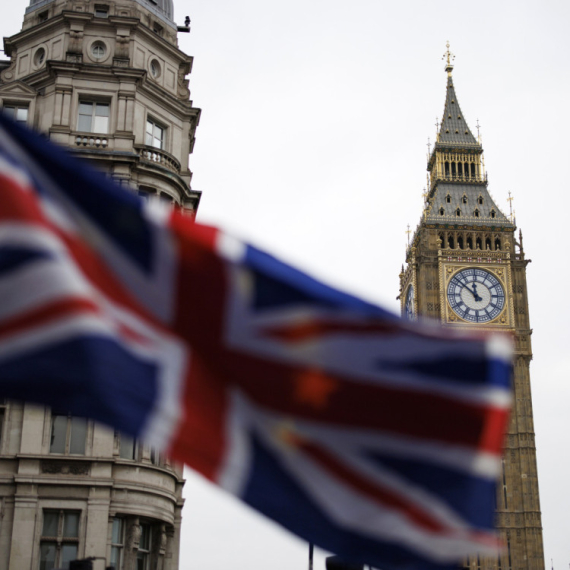
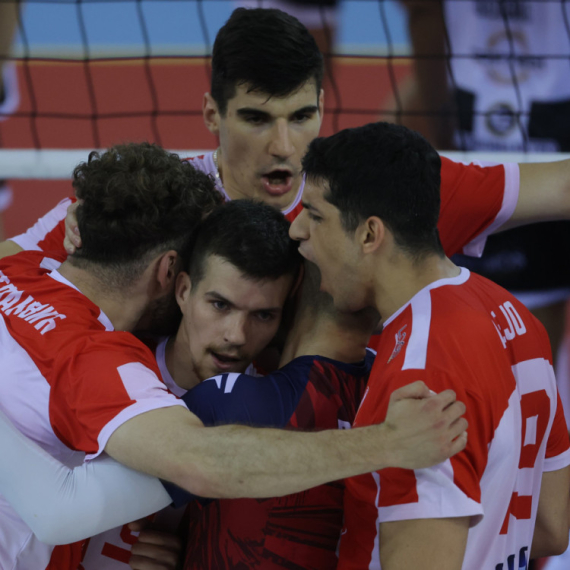

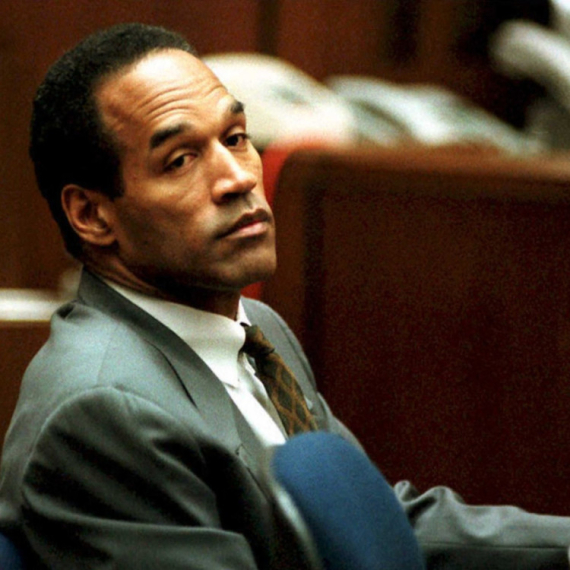
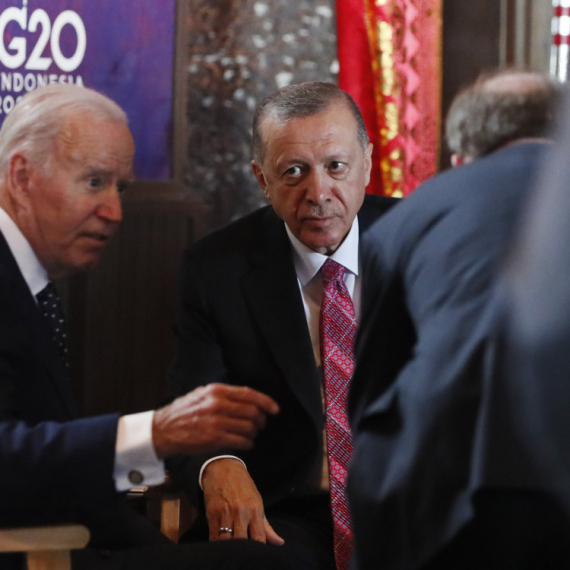
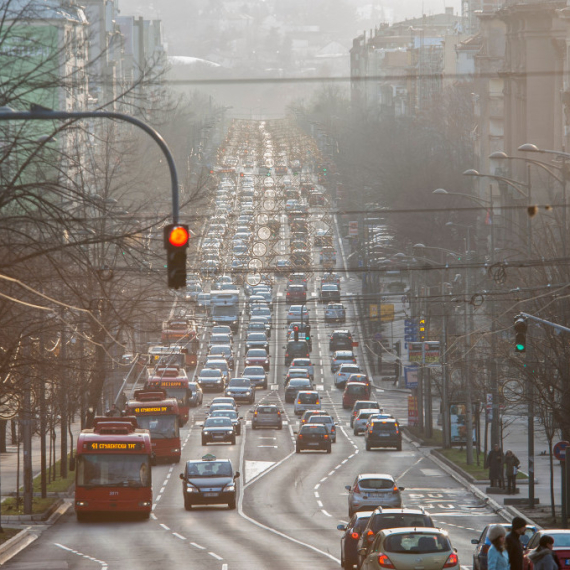
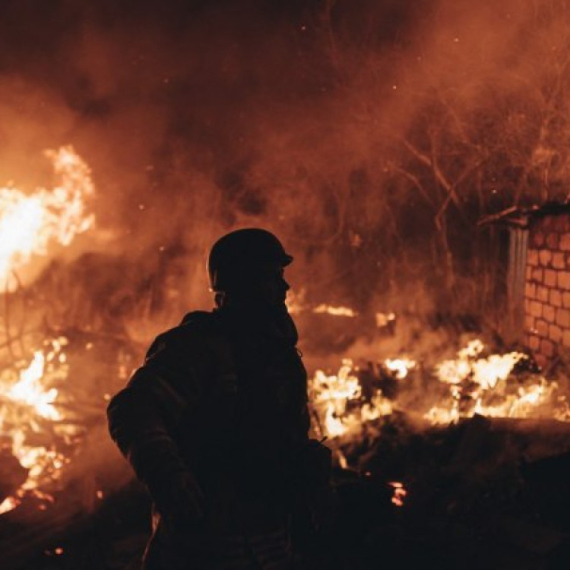

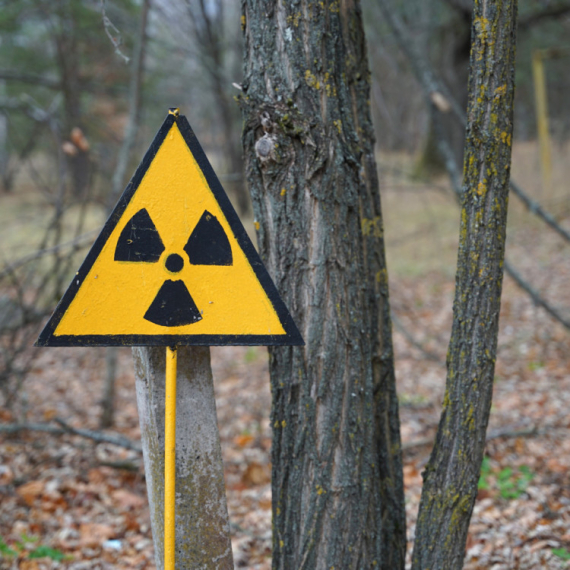
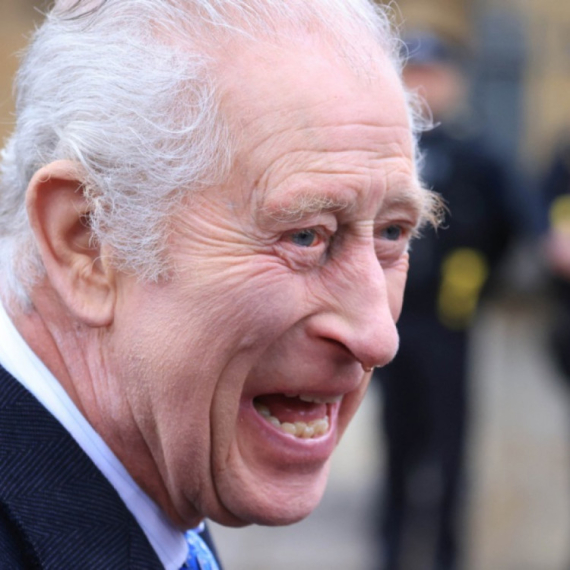
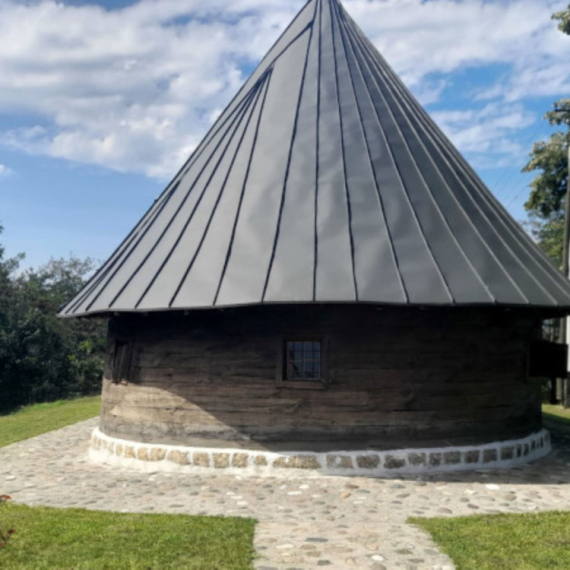


























Komentari 1
Pogledaj komentare